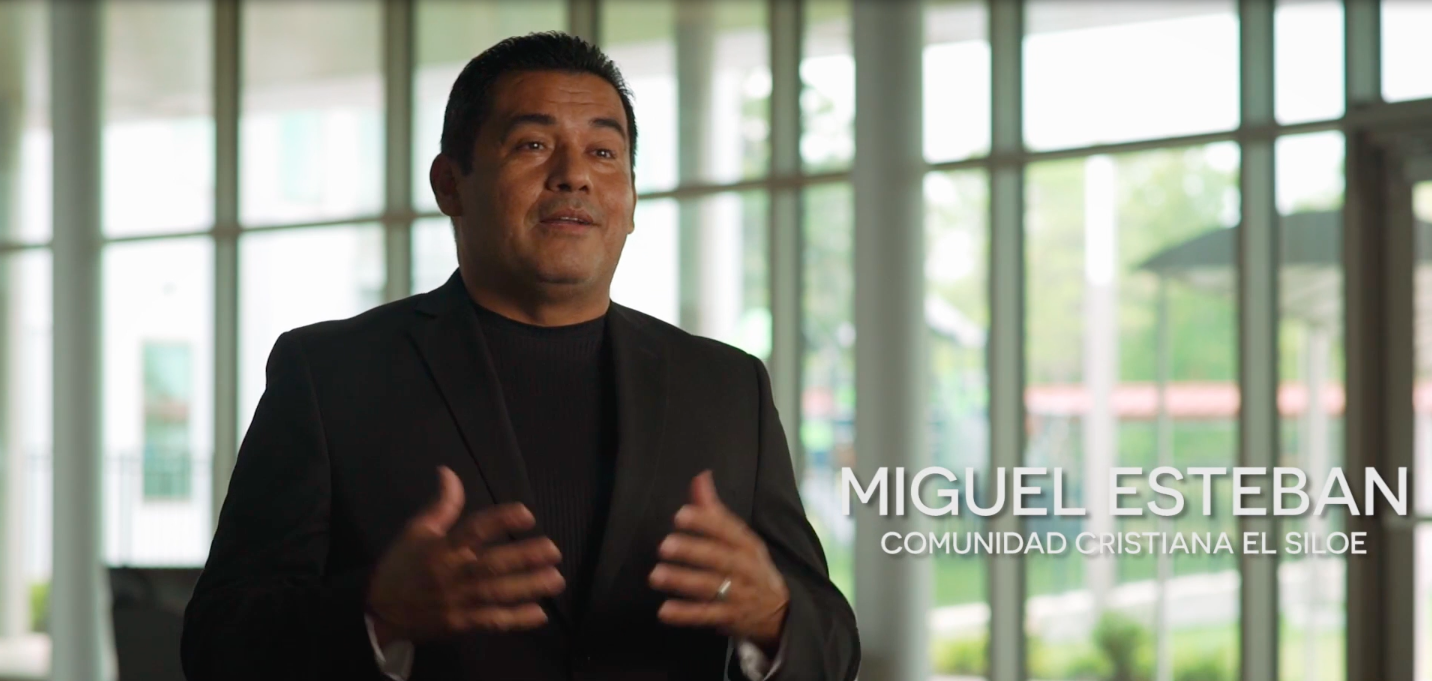Work for Those Who Work for You
Leadership is a learned skill. Much of the learning takes place experientially and on-the-job, but books can also provide valuable learning. The problem is that there are literally thousands of books on leadership touching on topics ranging from Ken Blanchard's Lead like Jesus to Eric Harvey's The Leadership Secrets of Santa Claus. No one could possibly read them all—nor would you want to.
While no one book has provided everything that I’ve needed to know about leadership, there are several I have found that stand the test of time. I’ll review a few of those in this and upcoming blogs.
A Counter-Intuitive Guide
I first encountered Steven B. Sample's The Contrarian's Guide to Leadership at a leadership conference where the author was speaking, and the title intrigued me. A "contrarian leader" seemed just the opposite of what I considered a strong leader. “Don’t be contrary,” my mother used to say.
Sowing discord, starting arguments, fighting for the sake of the fight, providing negative input and destructive criticism all came to mind as practices of a "contrarian leader." None of these could I imagine being helpful or productive. Instead, they seemed distinctly counter-productive.
As I listened, intrigued, I learned that Sample is not suggesting that we be contrary as leaders. He is suggesting that many strong leadership principles may be counter-intuitive and even go against conventional wisdom.
Multiplying Our Efforts
"Work for Those Who Work For You" (Chapter 8) has become a guiding leadership principle for me. More than 20 years after first encountering Sample’s work, I still have 2 green sticky notes marking pages in that chapter. On one, I wrote ”service” and on the other “access.” They are reminders.
I am a task-oriented person. I get focused on the task, and I like to pursue it to its conclusion. I like to put my head down and do my work until I am finished. These sticky notes remind me that, as a team leader of several church consultants at UBA, two of my most important functions are “service” and “accessibility.”
“Strong leadership principles may be counter-intuitive and even go against conventional wisdom. ”
Serve Others
Sample says that a businessman gave him this advice early on in his career, "...90 percent of your time should be doing everything you can to help your direct reports succeed. You should be the first assistant to the people who work for you" (p121).
There are times when those you lead depend on you to work for them. They need your influence. They need your expertise. They need a simple answer to a quick question before they can implement the plan. They need you to focus on "doing everything you can" to help them succeed.
The time, skills, and resources of one person are limited. By facilitating the work of others, you can multiply time and skills. Much more is accomplished. Use your influence; use your knowledge; and use your skills to serve those who work with you. Use your leverage to increase theirs. Contribute to the success of others. It multiplies returns, and everybody wins.
Be Accessible
Over the years, I've found that the more accessible I am to the staff, to visitors, and to those who call or email me, the more smoothly and efficiently things run at UBA.
Years ago, when we moved into our current building, my office was in the back corner. To find me, folks had to get past several doors, an aquarium (which no longer exists), a set of bookshelves, and an open conference space. My office was long, and my desk was nestled in the far back corner. Aside from the fact that it was extremely cold in winter and hot in summer, it was a fantastic place to hide away and get things done.
However, it was too good of a hideaway. Consultants didn’t know whether I was in the office or not. They couldn’t tell if I was busy or on the phone. Visitors couldn’t find me. Folks were perpetually sticking their head around the doorframe with a quizzical and apologetic look, wondering if it was ok to “interrupt.”
I realized that when people did not have access to me I was efficient in my own work at the expense of those I led and served. When my current office became available, I moved.
This office is more in the mainstream of office life. I hear conversations going on in the hospitality area. I can walk out of my office as see the doors of every consultant in the building. When they come in, they see that my door is open. I have two whiteboards on the walls of my office with markers at the ready and a standing invitation to scribble. It is rarely clean and currently has scribbled notes about two topics in three colors of ink.
I am accessible for a quick brainstorming session or question as well as for a longer conversation. This "open-door" policy provides the accessibility consultants need to allow them to continue their work without losing time or momentum. It reduces frustration and increases everyone's productivity.
Productive Interruptions
My day is often comprised of what I used to think of as interruptions—the walk-in visitor; the impromptu conversation about a new event; a stand-up problem-solving session determining how to respond to a question on the phone; the "ding" signifying an email just arrived; the "click" of an incoming Slack message.
Now, I see these things as opportunities to be cooperative in the work of others. I work to be available to people who need my input, approvals, information, or responses.
Work for those who work for you. It's worth it.
Dian Kidd was UBA's Associate Director and served UBA for almost 30 years. She guided the day-to-day team actions as team leader for UBA's consultant team and oversaw daily implementation of data management, communications, strategy and inner-office workings.
*Portions of this article were first published in March 2014 in my blog, The Light & the Dark










